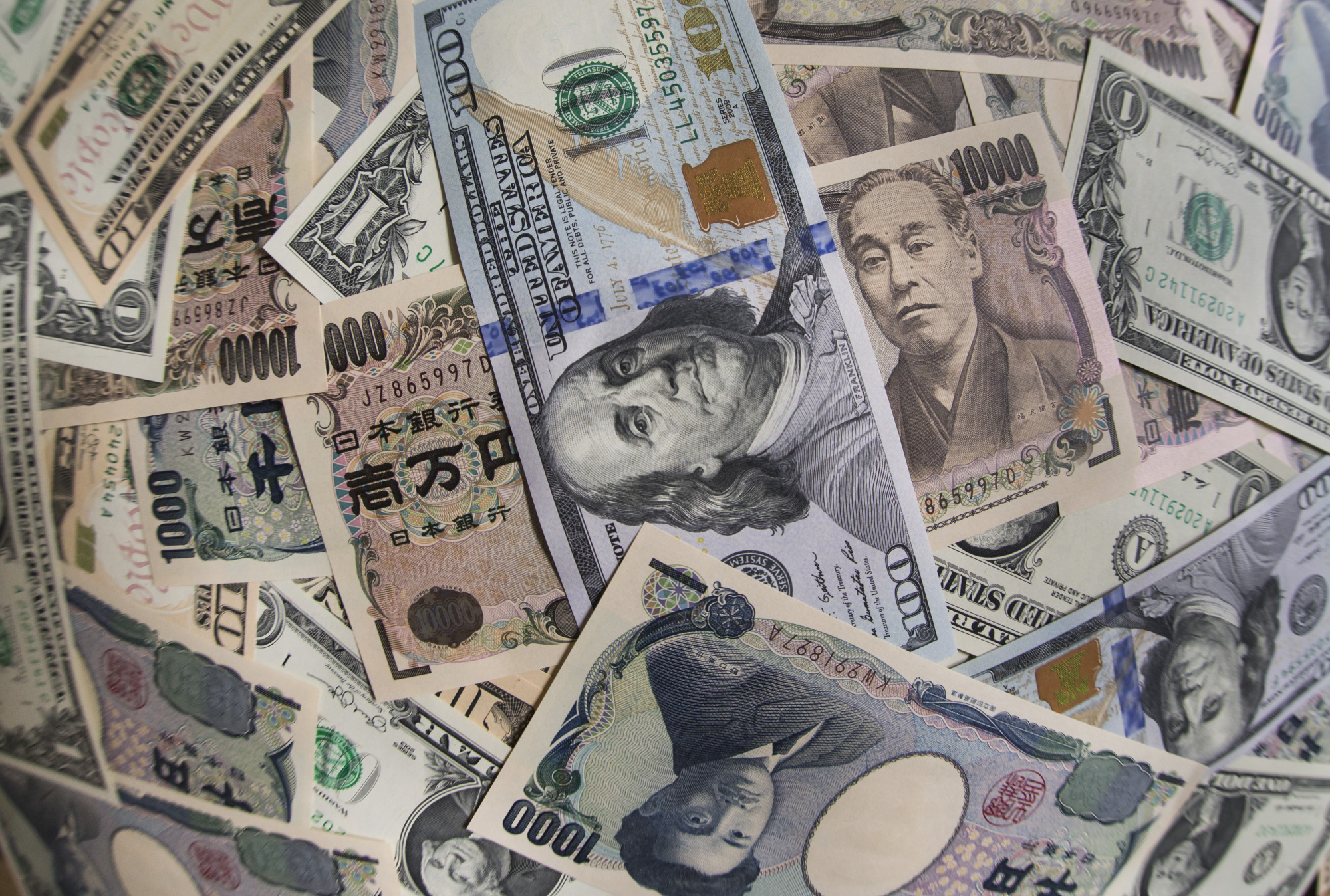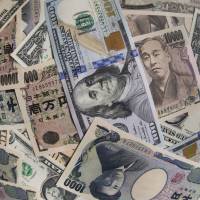With profits soaring, Japanese companies' record-breaking cash pile rises ever higher. That's bad news for the economy, which is relying on exports to sustain a modest recovery as consumers struggle with stagnant wages.
The country's biggest economic problem is too much income flowing to companies, and their piles of unproductive cash are the main obstacle to revitalizing consumer demand, according to Diana Choyleva, chief economist at Enodo Economics.
Few analysts expect robust pay increases when the nation's biggest companies and unions sit down for spring wage negotiations. In fact, the Japanese Trade Union Confederation says it will ask for about a 2 percent increase in monthly base wages, the same amount it sought last year, when it received a 0.44 percent gain.
Weak wage rises and consumer spending are frustrating policy makers. Companies were expected to respond to record profits, partly the result of a weaker yen, with strong pay increases and capital investment. Yet higher pay is the missing link in the "virtuous cycle" sought by Abenomics, Prime Minister Shinzo Abe's growth program.
And while wages stagnate, the disconnect between profits and investment has widened since the global financial crisis.
The government has urged companies to give employees bigger pay increases and increase investment, but it has stopped short of taking more aggressive action. Last year the International Monetary Fund recommended naming and shaming highly profitable companies that skimp on pay increases and, as a last resort, penalizing them.
Marcel Thieliant, senior Japan economist at Capital Economics, said the government should use the tax code to encourage bigger pay increases, but cautioned that a tax on cash holdings may just encourage firms to keep more profits outside of Japan.
That could worsen a trend in which the government relies more on individuals to support the country's finances.



















With your current subscription plan you can comment on stories. However, before writing your first comment, please create a display name in the Profile section of your subscriber account page.